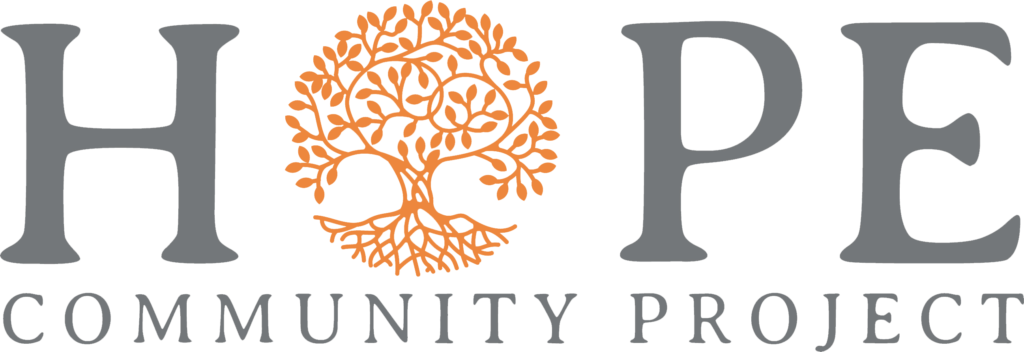From Field Director Luke Brouwer:
I will attempt to summarize the current political unrest here in Haiti, but it is important to recognize that although the present situation has a unique set of contributing factors Haiti has a long and storied tradition of leadership problems. Almost from the beginning these problems have been connected to economic issues involving the influence of powerful western nations in concert with corrupt Haitian leadership and a small group of people who control most of Haiti’s wealth and resources.
The current crisis came to a head because of Haiti’s membership in the PetroCaribe deal. Haiti is one of 17 nations given access to Venezuelan oil through this program, which basically allowed the government to purchase fuel at 60% of its value and defer payment for the rest for 25 years at an interest rate of 1% per year. This program was intended as an economic stimulus where program member nations would use the funds to create infrastructure and social programs that would support economic growth and help them pay off their debt down the road. By March 2018 Venezuela’s economy was collapsing, oil production was down, and Haiti was no longer receiving cheap Venezuelan oil. The Haitian government along the way had continue to subsidize fuel prices to keep them low. All of this set up a huge economic problem~ How does Haiti pay for fuel? Under pressure from the International Monetary Fund President Jovenel in July of 2018 announced the end of fuel subsidies, and a rise in fuel costs across the board between 38 and 51%. The population exploded in a series of demonstrations and riots, which resulted in the destruction of businesses, private property and multiple deaths. The fuel prices were left where they were, but alas the problems had only begun.
Without Petro Caribe oil and saddled with debt, the government’s ability to purchase fuel was limited and quickly brought about unpaid bills to other suppliers including American companies. The government forced to use funds from Haiti’s Central bank threw the country into a period of rapid inflation—fuel shortages, increasing electrical blackouts and the growing costs of daily life fomented anger and frustration in Haiti’s population.
The political crisis heated up again in January of 2019 when an initial report from an audit by Haiti’s Superior Court of Auditors made it clear that government officials had misused billions of the Petro Caribe funds. People took to the streets demanding justice and in May when the 600 plus page report came out it implicated members of the ruling party Tet Kale including the current President Jovenel Moise and his predecessor Martelly. From this point on some of the Haitian population, as well as, the leadership of the political opposition have consistently held that President Jovenel must leave office. Since January hardly a month has gone by without opposition groups locking the country down, shutting down roads, businesses and schools. The growing chaos has provided fertile soil for banditry and gang activity much of it happening out in the open and allegedly supported with guns and money from opposition politicians and other leaders.
That brings us to today; its now November and here in Gonaives school has not yet started after being shut down by demonstrators and bandits in the beginning of September. We have not been able to purchase diesel at gas stations for two months and food shortages are a growing concern. This is all further complicated by the fact that banks and money transfer institutions are running out of cash. There is currently no end in sight and the word here in Haiti is that this isn’t going to end until President Jovenel steps down. So, in summary, Haiti needs fuel to function, but the government can’t afford to buy it and the people can’t afford to pay for it and everybody is upset because Haiti is in worse shape now fiscally than it was before it spent over 10 years buying fuel at massively discounted prices.
Further reading online:
